Content
Free Mental Health Assessment
How to Deal With Depression in Your Early 20s

Reviewed by Daniel Z. Lieberman, MD
Written by Hadley Mendelsohn
Published 10/31/2022
Updated 09/26/2024
Depression can strike at any time — including during your early 20s. In fact, data from the Centers for Disease Prevention and Control (CDC) shows that people ages 18 to 29 have a higher risk of developing depression than any other age group.
And it’s understandable. Whether it’s work or relationships, young people are learning how to deal with many emotional and psychological challenges all while going through big life transitions. It’s not uncommon for the pressure you feel in your 20s to get you down.
The good news is that depression is almost always treatable, even though it might not feel that way when you’re depressed and overwhelmed. With the right combination of therapy, medication, and self-care, it’s possible to recover from depression and find joy, meaning, and happiness in your life.
Read on to learn more about depression, along with the symptoms you might experience if you’re depressed. You’ll also find info on the factors that can contribute to early 20s depression — along with doable strategies to help you deal with it all.
Depression in your early 20s doesn’t have to feel impossible to take on; you can start to tackle it by making some changes to your lifestyle and talking with a mental healthcare professional.
Let’s start with the basics.
Content
What Is Depression?
Depression is a mental illness that can affect the way you think, feel, and behave. It’s a particularly common mental health disorder in young adults, with studies suggesting that 18.6 percent of people ages 18 and 25 experienced depression in 2021 alone.
Depression can affect nearly every aspect of your thoughts, feelings, and moods. When you feel depressed, you may experience the following symptoms:
An anxious, sad, or empty mood
An inability to feel pleasure and a loss of interest in your hobbies
Pessimistic feelings and a belief that things are hopeless
Reduced energy levels and fatigue
Irritability and difficulty staying still
Changes in your appetite and weight
Difficulty focusing on specific tasks or remembering information
Trouble falling asleep or waking up early in the morning
Aches, pains, digestive problems, and other physical symptoms
Oversleeping and constant feelings of tiredness
If your depression is severe, you may also develop suicidal thoughts. It’s important to keep your family members and friends informed about your symptoms so they can help you when you feel unwell.
If you or someone you know is self-harming or is experiencing suicidal thoughts, call emergency services or the Suicide and Crisis Lifeline at 988.
Depression can also make you feel trapped. You may feel like your thoughts control you instead of the other way around. When you’re depressed, it’s easy to feel stuck and as if there’s no way out from your current situation in life.
In addition to major depressive disorder (clinical depression), there are several different forms of depression. These include:
Persistent depressive disorder (dysthymia). Dysthymia is a long-lasting form of depression that can occur for several years. People with persistent depressive disorder often have depressive episodes followed by periods of less severe depression.
Seasonal affective disorder (SAD). This is a form of depression that often develops in winter. People with seasonal affective disorder often have symptoms that worsen during the winter months and then improve in spring and summer.
Psychotic depression. This is a form of depression that involves psychotic symptoms, such as delusions and hallucinations. People with psychotic depression often develop severe symptoms that require ongoing treatment and attention.
Our guide to the types of depression provides more information about the specific symptoms of each, as well as how they’re treated.
What Causes Depression in Your 20s?
Depression can develop at any time in your life. But it’s particularly common for it to develop during your late teens or early 20s as you transition from adolescence to adulthood.
Researchers have identified several major risk factors for depression, including:
Genetics
Abuse, neglect, or trauma as a child
Physical illness
Certain types of medication
Sudden, major life changes and situations that cause stress
Life can be confusing and difficult for young adults. Figuring out what you want to do with your life, finding a job, dealing with a difficult educational workload, or just finding friends or a person to love can all take their toll on your mental health.
These things are difficult enough on their own, but they can be particularly challenging when you factor in the sudden change in expectations to become more self-sufficient.
If you add things like student debt, loneliness in a new city or being away from home, and immense pressure to succeed into the mix, it’s easy to see why your early and mid-20s can be challenging.
It’s far from uncommon to need more support as you navigate this time, especially if you also have other risk factors that make you prone to depression or other mental disorders.
Depression is treatable, whether you’re a 20-something, in your early 30s, 40s, 50s, and beyond. No matter where you land among those age groups, there is a path forward — even if your depression symptoms feel severe and overwhelming.
The key is to find this path and then take small, continuous steps each day toward thinking and feeling better. Here are some ways to get there.
1. Reach Out to Friends and Family
When you’re feeling depressed, it’s important to lean on people who can listen and provide support.
It’s easy to become isolated during a depressive episode. Try to resist the urge to be alone, and instead, allow others to help you move forward.
If you start to notice symptoms of depression, reach out to a close friend or family member. Let them know you’re not feeling your best. Asking for help can be scary, but seeking advice and support is nothing to be ashamed of.
In fact, it’s admirable to accept help when you need it, and studies show that family support can lead to longer-term recovery from depression.
2. Keep Physically Active
Physical exercise has countless physical and mental health benefits, with research showing it can often help in managing depression.
In your 20s, it’s easy for a demanding schedule or busy job to get in the way of exercise. You might feel like you don’t have time to work out or that other things are more important than going for a run or hitting the gym.
Or perhaps you’ve taken a long break from exercising and aren’t sure how to get motivated to start again. That’s completely understandable. Try not to put too much pressure on yourself; just start slow.
You actually don’t need to exercise a lot to see physical and mental health benefits.
As a rule of thumb, try to follow the CDC’s recommendations of at least 150 minutes of aerobic activity each week. You can break this time into separate sessions and choose activities like walking, running, biking, or strength training.
3. Use Mindfulness Meditation
Mindfulness meditation involves training your mind to feel calm and focus on the present moment rather than on thoughts that can lead to depression and anxiety.
Research shows that meditation can improve symptoms of anxiety and depression. People who meditate tend to report better outcomes when managing some mental illnesses.
You can practice meditation at home by finding a quiet place, sitting down, and focusing solely on your breath for a few minutes. If your mind starts to wander, gently bring it back to the present by focusing purely on breathwork.
To get some extra social interaction, try taking part in group meditation at your college or in your local area.
4. Avoid Alcohol and Drug Use
When you're depressed, alcohol or drugs might seem like an easy way to escape reality and the difficult emotions you're experiencing. While these substances might offer temporary relief, they make things worse in the long run.
Research shows that alcohol can contribute to major depressive disorder, and increased drinking is linked to a higher risk of developing depression. Similarly, there’s a strong connection between illicit drug use and mental health disorders.
During your recovery, try to avoid alcohol and drugs. Focus instead on making steady progress towards managing your depression symptoms.
5. Maintain Regular Sleep Habits
Getting enough high-quality sleep is essential for both your physical and mental health, but it isn’t always easy to accomplish when you have a busy work or school schedule.
If you frequently feel tired during the day, try to get at least seven hours of sleep per night or more. If you have overweight, snore loudly, or have a family history of sleep apnea, it’s a good idea to consult a sleep specialist to see if you have a treatable sleep disorder. Our guide to sleep hygiene shares everything you need to know about improving your sleep quality.
6. Take Part in Talk Therapy
Talk therapy, or psychotherapy, involves talking about your depression symptoms, concerns, and anything else that’s troubling you with a licensed mental health provider. Two forms of talk therapy include:
Cognitive Behavior Therapy (CBT). CBT is often effective for treating depression. This type of therapy involves identifying the thoughts and behaviors that have contributed to your depression and then taking action to change them.
Dialectical behavioral therapy (DBT). Designed to help people develop healthy coping strategies for stress, learn how to regulate emotions, and improve relationships. Some studies show that it can help manage symptoms of depression, especially when in conjunction with medication.
You can start a therapy routine with a mental health professional or from the privacy of your home using our online therapy and support group services. If you’re a student, you may be able to access free or low-cost therapy on your college campus.
Our guide to therapy for depression goes into greater detail about how psychotherapy can help you think differently and work toward overcoming depression.
7. Consider Using Medication
Many people with depression experience real, noticeable improvements after starting treatment with antidepressants.
Antidepressants work by adjusting levels of neurotransmitters (chemicals involved in regulating your moods and behaviors). Most antidepressants take several weeks to start working, and it’s common for your sleep and appetite to improve before your mood does.
Several different types of antidepressants are prescribed to treat depression, including:
Selective serotonin reuptake inhibitors (SSRIs). SSRIs work by increasing the activity of serotonin — a mood-regulating chemical — available in the brain. Some examples include citalopram (Celexa®), escitalopram (Lexapro®), fluoxetine (Prozac®), and sertraline (Zoloft®).
Serotonin-norepinephrine reuptake inhibitors (SNRIs). SNRIs act on both serotonin and norepinephrine (another mood-regulating neurotransmitter) levels in the brain. Examples include venlafaxine (Effexor®) and duloxetine (Cymbalta®).
Atypical antidepressants. This refers to antidepressants that don’t fall under the other categories. One example is bupropion (Wellbutrin®), which works by increasing the activity of the neurotransmitters dopamine and norepinephrine.
If a healthcare provider diagnoses you with clinical depression, they may suggest one of the above meds. Keep in mind that you may need to try more than one antidepressant before finding the medication that works best for you.
Our full list of antidepressants goes into more detail about the effectiveness of popular antidepressants, as well as how medication may help you better manage your depression.
When you feel depressed, everything from getting out of bed to folding the laundry can feel overwhelming. But with help and the right treatment plan, you can get better.
Here’s what to keep in mind if you’re navigating depression in your early 20s, mid 20s, or beyond:
Like other mental illnesses, depression often develops early in adult life. Some symptoms of depression include feeling persistently anxious, sad, or empty, losing interest in activities, and believing that things are hopeless.
If you’ve noticed signs of depression in your early 20s, it’s important to take it seriously and reach out for help. If it gets worse or if you notice severe symptoms, you should seek help from a licensed mental health provider.
Depression is treatable, and for the vast majority of people, long-term recovery from depression is possible. Things like lifestyle changes, talk therapy, and medication are just some of the treatment options.
If you’re worried you might have depression and are ready to take the next step in finding psychiatric care, you can connect with a mental health provider for personalized help using our online mental health services.
17 Sources
- American Psychological Association. (2017). What is Cognitive Behavioral Therapy? Retrieved from https://www.apa.org/ptsd-guideline/patients-and-families/cognitive-behavioral
- Blumenthal JA, et al. (2023). Exercise as a therapeutic modality for the prevention and treatment of depression. Retrieved from https://www.ncbi.nlm.nih.gov/pmc/articles/PMC10225323/
- Centers for Disease Control and Prevention. (2024). About Sleep. Retrieved from https://www.cdc.gov/sleep/about/
- Centers for Disease Control and Prevention. (2023). Adult Activity: An Overview. Retrieved from https://www.cdc.gov/physical-activity-basics/guidelines/adults.html
- Centers for Disease Control and Prevention. (2020). Symptoms of Depression Among Adults: United States, 2019. Retrieved from https://www.cdc.gov/nchs/products/databriefs/db379.htm
- Chand SU, et al. (2023). Depression. Retrieved from https://www.ncbi.nlm.nih.gov/books/NBK430847/
- Chapman AL. (2006). Dialectical Behavior Therapy. Retrieved from https://www.ncbi.nlm.nih.gov/pmc/articles/PMC2963469/
- Chu An, et al. (2023). Selective Serotonin Reuptake Inhibitors. Retrieved from https://www.ncbi.nlm.nih.gov/books/NBK554406/
- Kamen CH, et al. (2011). Family support and depressive symptoms: a 23-year follow-up. Retrieved from https://pubmed.ncbi.nlm.nih.gov/21254050/
- Kuria MA, et al. (2012). The Association between Alcohol Dependence and Depression before and after Treatment for Alcohol Dependence. Retrieved from https://www.ncbi.nlm.nih.gov/pmc/articles/PMC3658562/
- Lynch TH, et al. (2003). Dialectical behavior therapy for depressed older adults: a randomized pilot study. Retrieved from https://pubmed.ncbi.nlm.nih.gov/12527538/
- National Center for Complementary and Integrative Health. (2022). Meditation and Mindfulness: What You Need To Know. Retrieved from https://www.nccih.nih.gov/health/meditation-and-mindfulness-what-you-need-to-know
- National Institute on Drug Abuse. (2018). Common Comorbidities with Substance Use Disorders Research Report. Retrieved from https://nida.nih.gov/publications/research-reports/common-comorbidities-substance-use-disorders/part-1-connection-between-substance-use-disorders-mental-illness
- National Institute of Mental Health. (2024). Depression. Retrieved from https://www.nimh.nih.gov/health/topics/depression
- National Institute of Mental Health. (2023). Major Depression. Retrieved from https://www.nimh.nih.gov/health/statistics/major-depression
- Sheffler ZA, et al. (2023). Antidepressants. Retrieved from https://www.ncbi.nlm.nih.gov/books/NBK538182/
- Stahl ST, et al. (2004). A Review of the Neuropharmacology of Bupropion, a Dual Norepinephrine and Dopamine Reuptake Inhibitor. Retrieved from https://www.ncbi.nlm.nih.gov/pmc/articles/PMC514842/
Editorial Standards
Hims & Hers has strict sourcing guidelines to ensure our content is accurate and current. We rely on peer-reviewed studies, academic research institutions, and medical associations. We strive to use primary sources and refrain from using tertiary references. See a mistake? Let us know at [email protected]!
This article is for informational purposes only and does not constitute medical advice. The information contained herein is not a substitute for and should never be relied upon for professional medical advice. Always talk to your doctor about the risks and benefits of any treatment. Learn more about our editorial standards here.
Daniel Z. Lieberman, MD
Education
Doctor of Medicine - New York University Grossman School of Medicine, 1992
Bachelor of Arts - St. John’s College, 1985
Training
Internship & Residency - New York University Grossman School of Medicine, 1996
Medical Licenses
District of Columbia, 1996
Maryland, 2022
Virginia, 2022
Board Certifications
American Board of Psychiatry and Neurology, Psychiatry, 1997
American Board of Psychiatry and Neurology, Addiction Psychiatry, 1998
Other Certificates & Certifications
Stanford Online, AI in Healthcare Specialization Certificate, 2025
Stanford Online, Machine Learning Specialization Certificate, 2024
Affiliations & Memberships
Specialties & Areas of Focus
Mental Health
Years of Experience
33
Previous Work Experience
Professor and Vice Chair - Department of Psychiatry and Behavioral Sciences, George Washington University, 1996–2022
Publications & Research
Title: A neurotransmitter approach to the trolley problem
Published in: OBM Neurobiology
Date: 2019
URL: https://www.lidsen.com/journals/neurobiology/neurobiology-03-02-030
Title: An automated internet application to help patients with bipolar disorder track social rhythm stabilization
Published in: Psychiatric Services
Date: 2011
URL: https://psychiatryonline.org/doi/10.1176/ps.62.11.pss6211_1267
Title: Enhancing adherence to mood charting with an online version of the NIMH Life Chart
Published in: Annals of General Psychiatry
Date: 2010
URL: https://annals-general-psychiatry.biomedcentral.com/articles/10.1186/1744-859X-9-S1-S11
Title: The role of gender in single versus married patients with bipolar disorder
Published in: Comprehensive Psychiatry
Date: 2010
URL: https://www.sciencedirect.com/science/article/abs/pii/S0010440X0900128X
Title: Evaluation of the stability and validity of participant samples recruited over the Internet
Published in: CyberPsychology and Behavior
Date: 2008
Title: Pathways to change: The effect of a Web application on treatment interest
Published in: The American Journal on Addictions
Date: 2008
URL: https://onlinelibrary.wiley.com/doi/10.1080/10550490802138525
Media Mentions & Features
Washington Post, Why do passengers freak out on airplanes? Science might have the answer.
Associated Press, MillerCoors Tapping Into Millenials
The Washington Post, Holiday drinking can be hard on your health, but you can take precautions
Le Figaro (France), Daniel Z. Lieberman: «La dopamine nous pousse à acheter en nous promettant le bonheur» (Daniel Z. Lieberman: “Dopamine drives us to buy by promising us happiness”)
Men’s Health (Spain), Cómo la dopamina influye en nuestro cerebro y determina nuestra vida (How dopamine influences our brain and determines our lives).
CNBC, The psychological reason it’s so hard to work today after the riot — and how to cope
Business Insider, The reason why we self-sabotage is because our brains are wired to resist the things we want most in life
U.S. News & World Report, How Your Secrets Can Damage and Maybe Even Kill You
Why I Practice Medicine
I practice medicine because I believe that mental health is the foundation of a meaningful life. When people suffer psychologically, it touches every part of their existence—from relationships to work to the simple ability to feel joy. Because it can be so difficult for people who are suffering to find good mental health care, my mission has been to expand access through technology, so that no one is left behind.
Hobbies & Interests
I like to write in my spare time. I’ve written two nonfiction titles, Spellbound: Modern Science, Ancient Magic, and the Hidden Potential of the Unconscious Mind and the international bestseller, The Molecule of More: How a Single Chemical in Your Brain Drives Love, Sex, and Creativity--and Will Determine the Fate of the Human Race
Professional Website or Profile
danielzlieberman.com
Related Articles
Related Conditions
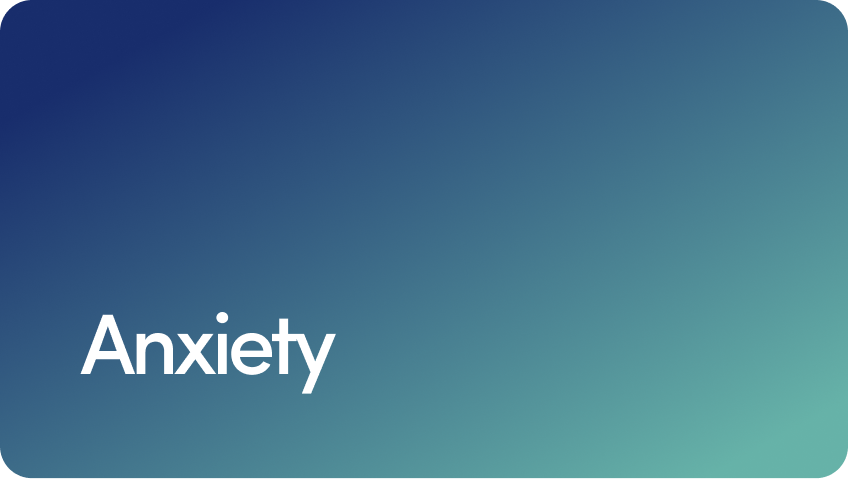 Anxiety
Anxiety
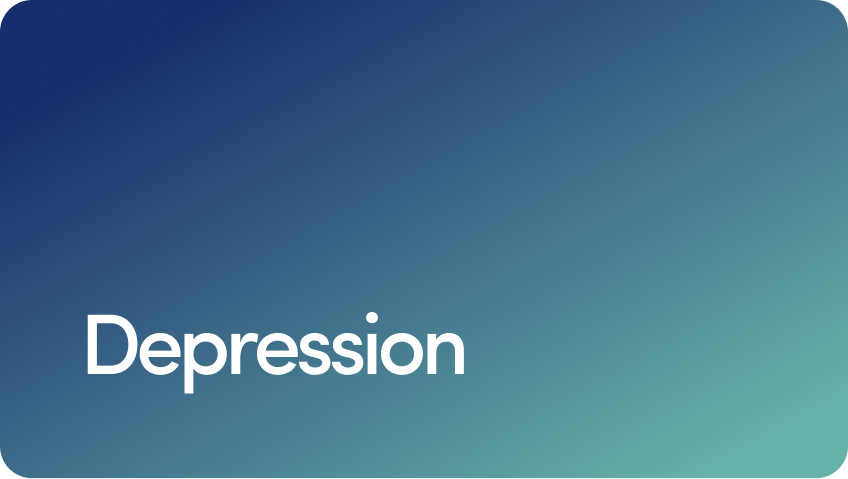 Depression
Depression
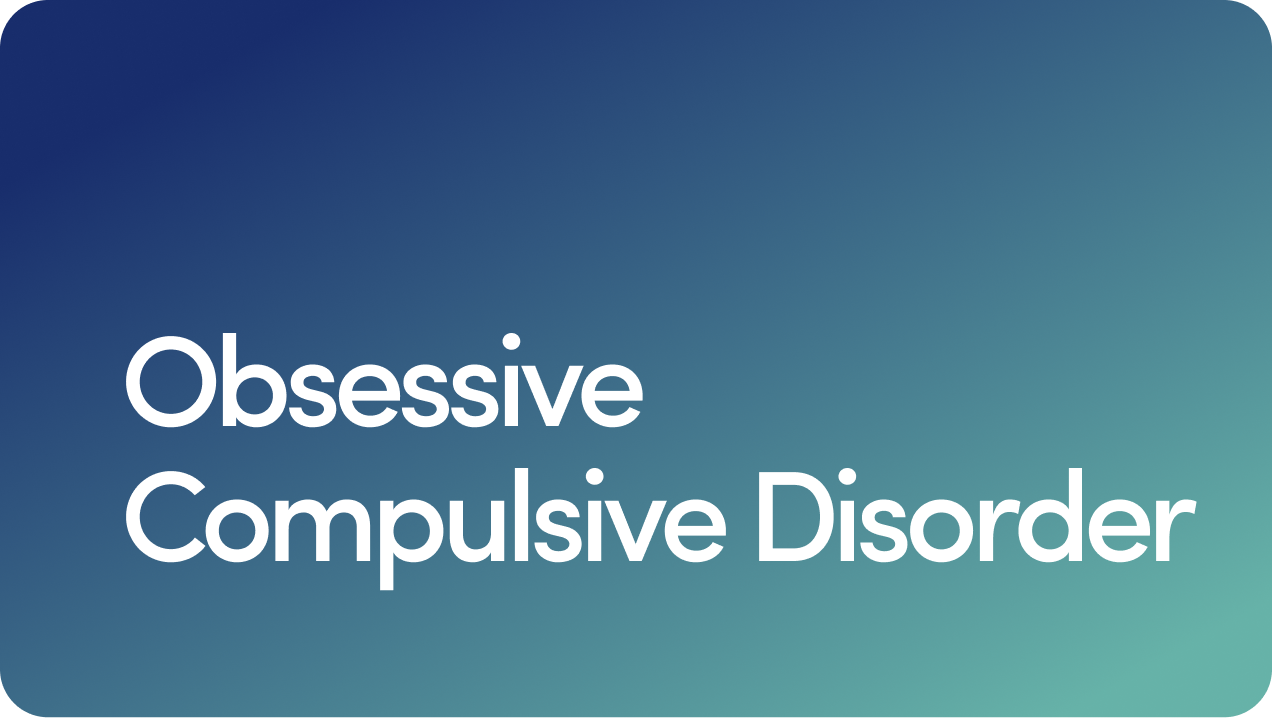 OCD
OCD
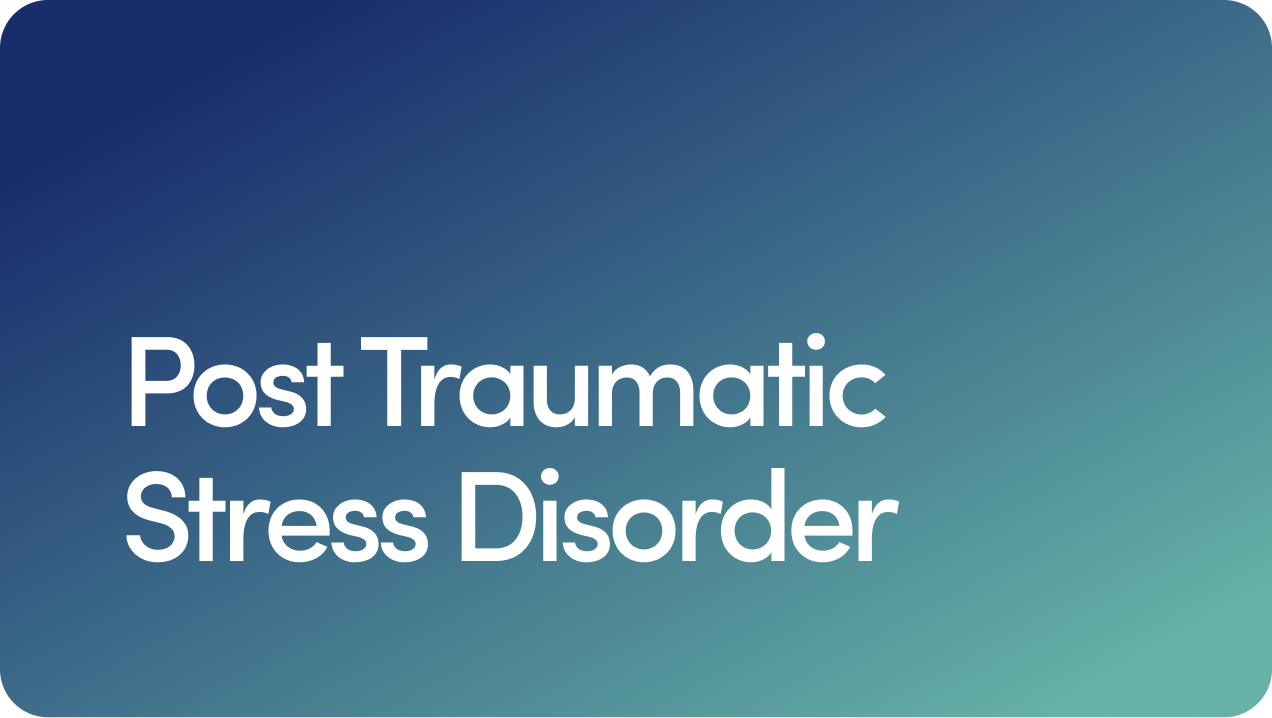 PTSD
PTSD
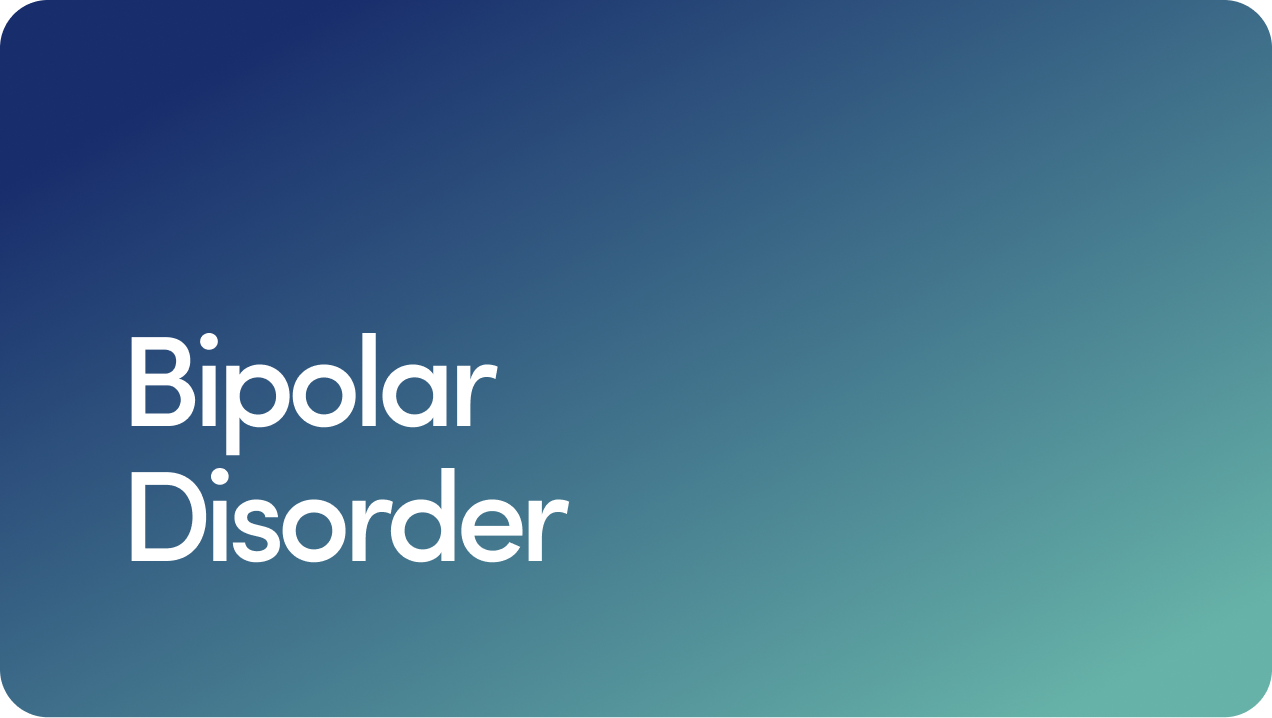 Bipolar Disorder
Bipolar Disorder
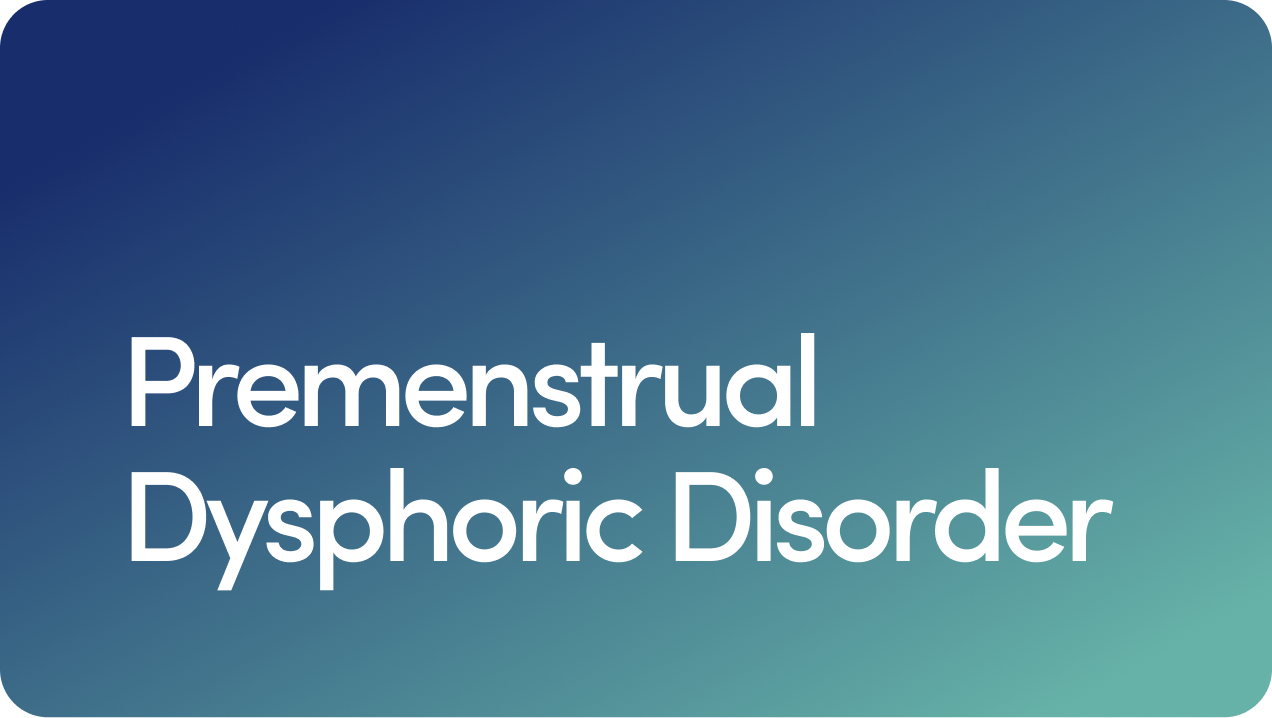 Premenstrual Dysphoric Disorder
Premenstrual Dysphoric Disorder